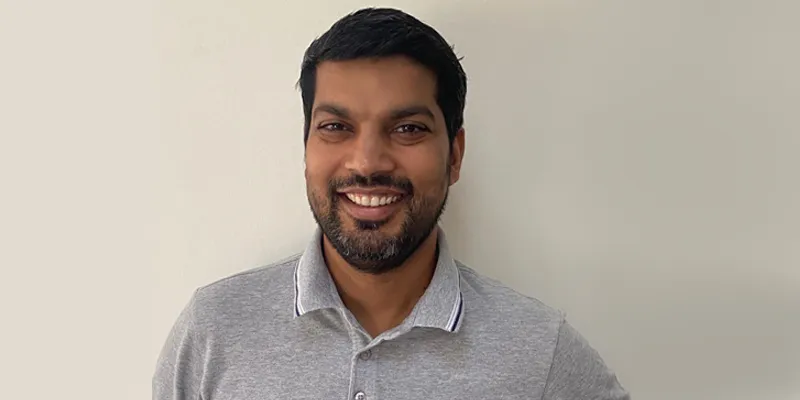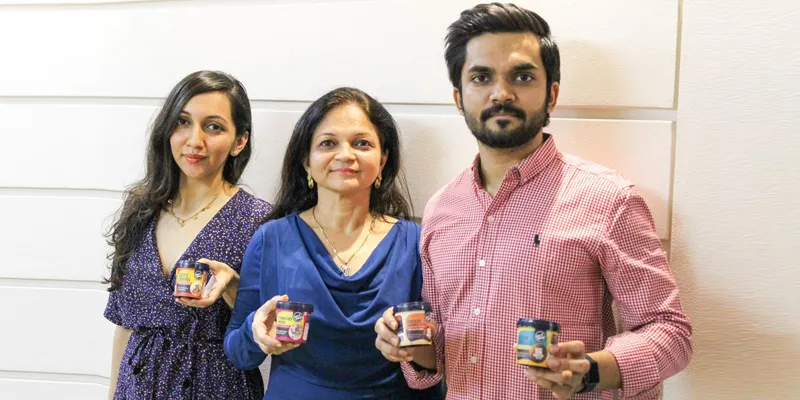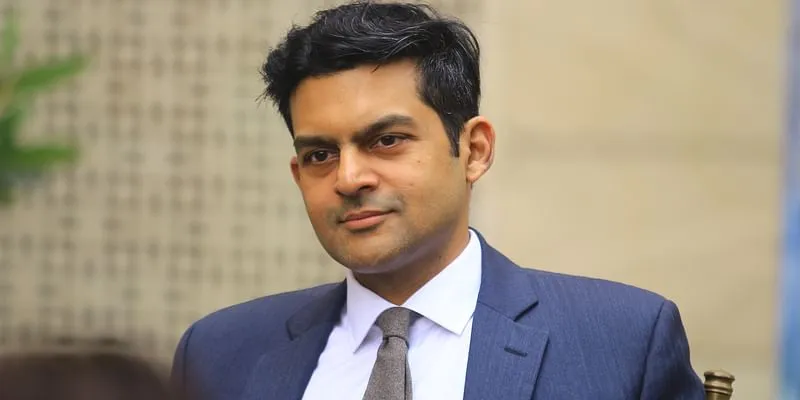From launching workstations at home to protecting healthcare workers, top SMB stories of the week
Here’s how these Indian businesses are pivoting and helping people in these tough times of COVID-19.

The coronavirus pandemic has changed the way we worked and lived. Where working from home and wearing a mask in public has become compulsory, entrepreneurs are either pivoting or making a shift in the business to meet consumer demands and grow.
Here are the top SMBStories of the week.
Homescape

In the past few months, business enterprises have demonstrated resilience more than ever. As the COVID-19 pandemic and the lockdown crippled the economy across the world, many businesses faced this adversity with fortitude.
Coworking spaces, particularly, have been hit hard during the pandemic. With social distancing and work from home becoming the norm, the future of coworking spaces remains uncertain, at least till the wave of the pandemic fades away.
The story of Workshaala is an example of how a company emerged out of the COVID-19 crisis stronger.
Founded in 2013 by Manoj Khandelwal, the Bengaluru-based company is a coworking space. As most people started working from home due to the coronavirus, the company has come up with an initiative called ‘Homescape’ to provide furniture to people working from home. It is providing tables, chairs, and desks to help improve the individual’s productivity and provide them with comfort and ease at the same time.
Karam PPE

Rajesh Nigam, cofounder and president, Karam
After graduating from IIT Kanpur with a degree in metallurgical engineering, Rajesh Nigam joined his family’s chemical trading business in 1992. The engineer worked there for two years until he met safety equipment supplier Hemant Sapra.
Hemant used to provide construction companies with safety and personal protective equipment (PPE). He told Rajesh that large engineering and construction companies such as L&T were looking for good quality safety equipment.
However, the equipment was expensive, since it was being imported from North and South American countries. This opened up a ‘Make in India’ opportunity to manufacture economical safety equipment that was on par with international standards.
Thus, Karam started its operations in 1994. The Noida-based manufacturing enterprise makes PPE such as safety helmets, safety eyewear, hearing protection, face protection, hand protection, protective workwear, safety shoes, and a range of fall protection equipment.
Today, it has grown into a Rs 520 crore revenue, 3,300-member strong firm. After the emergence of COVID-19, it has expanded its product portfolio, and has been manufacturing chemical splash goggles and medical face shields for doctors, healthcare workers, and police forces.
Other top SMB picks of the week:
Tengin

Madhu Kargund, Founder of Tengin
Coconuts have been a part of southern India’s agrarian industry for as long as one can remember. Having grown up under the shade of coconut trees, Madhu Kargund, son of a farmer, remained deeply attached to his roots. His company Tengin, which translates to coconut in Kannada, is aimed towards uplifting the community of farmers and is the perfect example of being vocal for local.
Madhu hails from a small region called Arsikere in the Hassan district of Karnataka. Belonging to a farming family, Madhu spent his childhood learning about coconuts.
When he grew up, Madhu realised that the condition of farmers was dismal. He also realised that farming was not giving them a sustainable livelihood, and many people were abandoning agriculture altogether and migrating to cities in search of livelihood.
Three problems that Madhu particularly identified were the lack of a stable income, no takers for the produce, and no avenues for upskilling for farmers.
Since coconut is present in abundance in the southern parts of the country, and Madhu grew up around them, he saw a business opportunity that could also be leveraged for the benefit of the farmers.
The Bengaluru-headquartered company is a coconut-centric brand that makes coconut products like virgin coconut oil, chips (fried in coconut oil), bowls made out of coconut shells, soaps, and much more. The brand uses traditional methods to manufacture these products with the help of villagers and locally sourced coconuts.
Madhu doesn't want to disclose the turnover but adds there are approximately ten categories of products that are priced between Rs 100 and Rs 850.
Get-A-Whey

According to a report by Smart Research Insights, the yearly consumption of ice cream in India is 400 millilitres per capita. For years, players like Amul, Mother Dairy, and Vadilal have been dominating the market, which is projected to reach Rs 18,786 crore by 2022, according to another report by Eurometer. However, within the ice cream industry, smaller players are emerging, catering to niche markets.
Get-A-Whey is a premium brand that focusses on manufacturing and selling protein ice creams. It is co-owned by siblings Jash and Pashmi Shah. Currently, it is present in Mumbai and Pune, and the siblings plan to make inroads in other cities as well when the economic crisis around COVID-19 gets over.
Pashmi tells SMBStory that Jash, who is extremely fond of proteins, would buy different kinds of proteins whenever they went abroad. “He wanted to collect the best proteins from different countries.”
So when Jash and Pashmi demanded from their mother a healthy way of satiating their cravings, their mother mixed some whey protein in ice cream. And, that is how the idea of Get-A-Whey ice creams was born.
Soon, this home recipe became a business opportunity that saw many takers. With a basic logo, an initial investment of Rs 10 lakh from family members, and a team size of three, the brand was launched in 2018 in Mumbai.
Luxmi Group

Rudra Chaterjee, Managing Director, Luxmi Group
During the Satyagraha Movement in 1917, when India was under the British Raj, not many people distinguished themselves in business due to the outcrying policies by the British and the political unrest.
In 1917, the tea industry was predominantly British-owned. The tea estates were in India but were not bringing revenue to the country.
Seeing such a miserable condition of the country, where one had to plead for their own rights, PC Chatterjee, who was part of the Satyagraha Movement, decided to expand and diversify Luxmi Tea (he founded as a small business in 1912), as a part of the Indian movement for self-reliance.
In an interaction with SMBStory, Rudra Chatterjee, Managing Director of Luxmi Group, narrates the company’s journey and says,
“My grandfather was a freedom fighter. He founded this company as a tool for Satyagraha. However, the first tea estate was not in British India, but it was founded in the land which belonged to the Maharaja of Tripura, and he started promoting the tea from this estate as the Swadeshi Tea.”
Headquartered in Kolkata, Luxmi Group is one of the largest tea producers in India, and produces around 30 million kilograms of tea annually. There are more than 20,000 workers working with Luxmi Group.
Edited by Suman Singh







